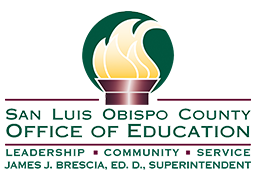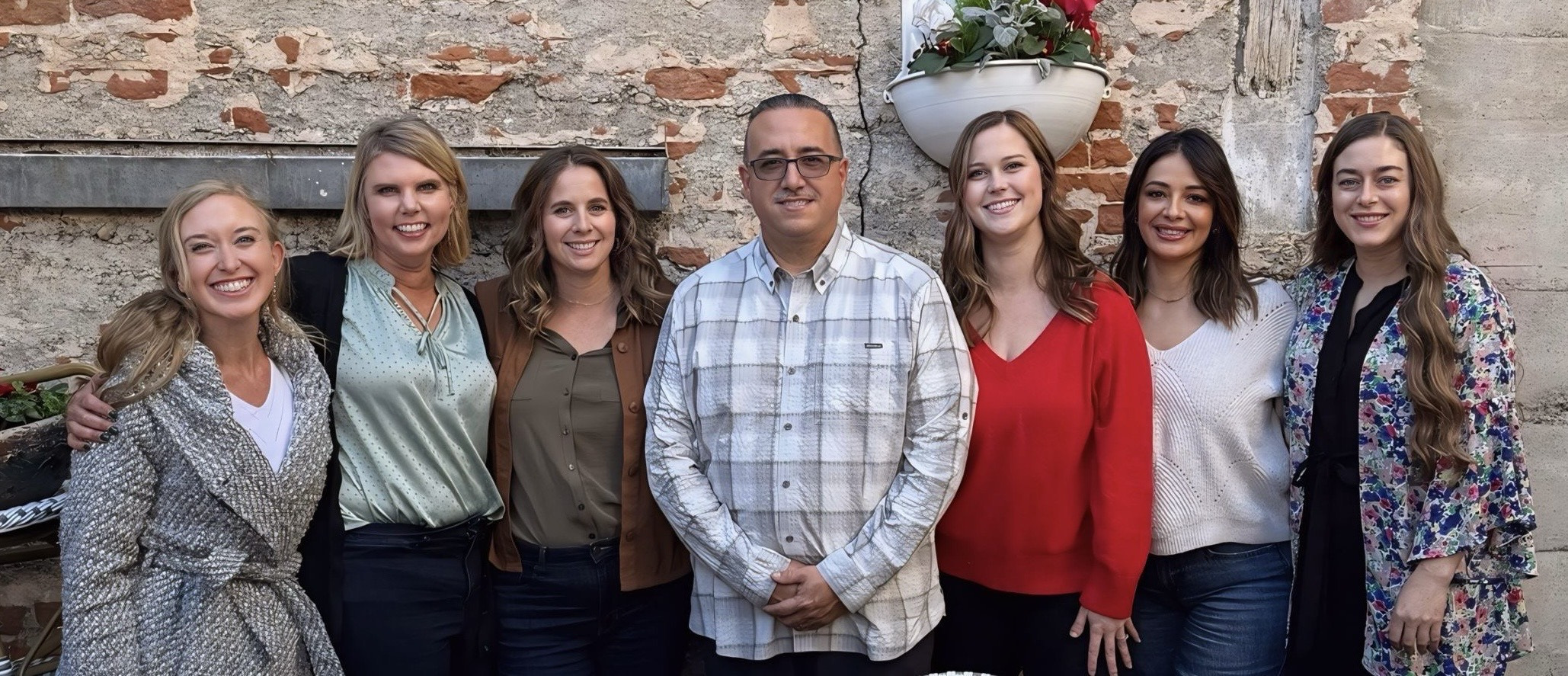Asset Development
What is Asset Development?
- Positive foundation for nurturing development in children and adolescents
- Asset-building needs to be a high priority in communities committed to children and adolescents
- Provides parents with some basic principles to use to make decisions and shape family life
- Helps parents be intentional about their choices
- Knowing that what they do can have a tremendously positive impact on their children’s lives
What Parents Can Do…
- Post the list of 40 assets on the refrigerator door. Each day, purposefully nurture at least one asset
- Talk to children about assets and ask them for suggestions of ways to strengthen assets
- Model – and talk about – the values and priorities you wish to pass on to children
- Take time to nurture your own assets by spending time with supportive people, using time constructively and reflecting on your own values and commitments
- Regularly do things with children, including projects around the house, recreational activities and service projects
- Invite caring, trustworthy, principled adults into the lives of children
40 Developmental Assets
- Support…
- Family support-Family life provides high levels of love and support.
- Positive family communication-Young person and her/ his parent(s) communicate positively, and young person is willing to seek advice and counsel from parent(s).
- Other adult relationships-Young person receives support from three or more nonparent adults.
- Caring neighborhood-Youth experiences caring neighbors.
- Caring school climate-School provides a caring, encouraging environment.
- Parent involvement in schooling-Parent(s) are actively involved in helping young person succeed in school.
- Empowerment…
- Community values youth-Young person perceives that adults in the community value youth.
- Youth as resources-Young people are given useful roles in the community.
- Service to others-Young person serves in the community one hour or more per week.
- Safety-Young person feels safe at home, at school, and in the neighborhood.
- Boundaries & Expectations…
- Family boundaries-Family has clear rules and consequences and monitors the young person’s whereabouts.
- School boundaries-School provides clear rules and consequences.
- Neighborhood boundaries- Neighbors take responsibility for monitoring young people’s behavior.
- Adult role models-Parent(s) and other adults model positive, responsible behavior.
- Positive peer influence-Young person’s best friends model responsible behavior.
- High expectations-Both parent(s) & teachers encourage the young person to do well.
- Constructive Use of Time…
- Creative activities-Young person spends three or more hours per week in lessons or practice in music, theater, or other arts.
- Youth programs- Young person spends three or more hours per week in sports, clubs, or organizations at school and/or in the community.
- Religious community- Young person spends one or more hours per week in activities in a religious institution.
- Time at home-Young person is out with friends “with nothing special to do” two or fewer nights per week.
- Commitment To Learning…
- Achievement motivation-Young person is motivated to do well in school.
- School engagement-Young person is actively engaged in learning.
- Homework-Young person reports doing at least 1 hour of homework every school day.
- Bonding to school-Young person cares about her/his school.
- Reading for pleasure-Young person reads for pleasure three or more hours per week.
- Positive Values…
- Caring-Young person places high value on helping other people.
- Equality and social justice– Young person places high value on promoting equality & reducing hunger & poverty.
- Integrity-Young person acts on convictions & stands up for her/his beliefs.
- Honesty-Young person “tells the truth even when it is not easy.”
- Responsibility-Young person accepts & takes personal responsibility.
- Restraint-Young person believes it is important not to be sexually active or to use alcohol or other drugs.
- Social Competencies…
- Planning and decision making-Young person is able to plan ahead & make choices.
- Interpersonal competence-Youth has empathy, sensitivity, & friendship skills.
- Cultural competence-Young person has knowledge of and comfort with people of different cultural/racial/ethnic backgrounds.
- Resistance skills-Youth can resist negative peer pressure & dangerous situations.
- Peaceful conflict resolution-Young person seeks to resolve conflict nonviolently.
- Positive Identity…
- Personal power-Youth feels he/she has control over “things that happen to me.”
- Self-esteem-Young person reports having a high self-esteem.
- Sense of purpose-Young person reports that “my life has a purpose.”
- Positive view of personal future-Young person is optimistic about her/his future.
For More Information on Asset Building Key Resources – Visit: www.search-institute.org
Director of Early Learning Educational Support
Contact
- San Luis Obispo County Office of Education
- Office of James J. Brescia, Ed.D.
- 3350 Education Drive
- San Luis Obispo, CA 93405
- Tel: 805-543-7732
- Contact SLOCOE
- Contact Webmaster


